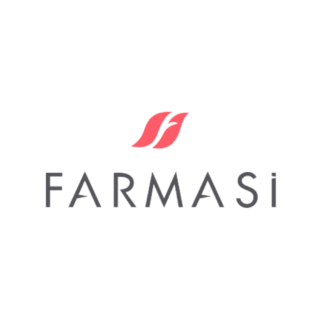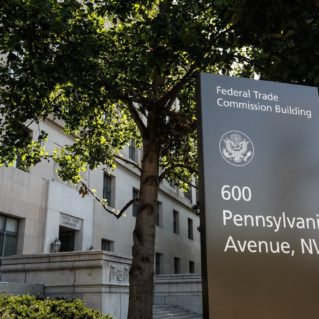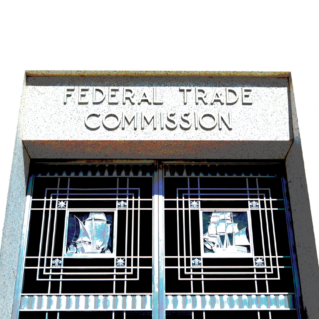The stock price for Avon Products Inc. spiked last Friday after the Wall Street Journal, Bloomberg and other news sources reported that rival Natura & Co. has confirmed that it has engaged in talks with Avon about a “potential transaction.”
The confirmation, made in a regulatory filing, came hours after the Wall Street Journal reported Avon and Natura were in early discussions about a potential sale that could put the cosmetics maker and pioneer of direct-sales into Brazilian hands.
According to the report, Natura, which bought the Body Shop retail chain in 2017, is considering buying both Avon’s private-equity owned North American business and the London-based publicly traded company, the Journal said Friday, citing an unidentified person familiar with the matter.
“Natura said it will keep its shareholders and the market in general updated on any new material information,” the company said in the filing after confirming it was holding talks “concerning a potential transaction involving both companies.”
Avon shares, which rose after the report first broke, soared as much as 13 percent to $3.15 after its Brazilian rival confirmed that some discussions had taken place. Natura fell as much as 7.5 percent.
Debt holders also cheered the possibility of a takeover. The company’s longer-dated senior unsecured notes due 2024 traded to 88.75 cents on the dollar after the reports of the sale, up from 79.25 where they last traded in January, according to Trace bond trading data.
“If a deal were to come about, it would not only assuage concerns about Avon’s liquidity” and debt refinancing prospects over the next several years, but it would likely lead to meaningful upside” for holders of longer-dated notes given the change of control language and the purchase price, analyst James Dunn of CreditSights said in a note Friday.
Avon, in an email earlier Friday, declined to comment on the report. “We believe in the turnaround strategy that we have articulated to investors,” a spokesperson for the company said in an email. “We are focused on executing our plan and driving long-term value for our shareholders.”
The beauty industry has been facing new challenges as personal-care trends shift rapidly. Hip startups—ranging from venture capital-backed American brands to Korean beauty companies—have eaten away at market share held by industry incumbents. While L’Oreal SA and Estee Lauder Cos., the world’s two largest beauty businesses, have managed to acquire hot brands and use them to attract new young customers, Avon hasn’t been as successful on that front.
In January, the public Avon surprised the market by announcing plans to cut 10 percent of its global headcount as it looks for new ways to save money and simplify its structure. The staffing curbs come on top of the 8 percent global workforce reduction completed in 2018.
Avon largely gave up on the U.S. several years ago, selling its American operations to private equity firm Cerberus Capital Management LP. The cosmetics company, which retained a minority stake in the North American business, moved its headquarters to London, saying the shift would help it focus on international markets such as Brazil, where door-to-door selling still works.


